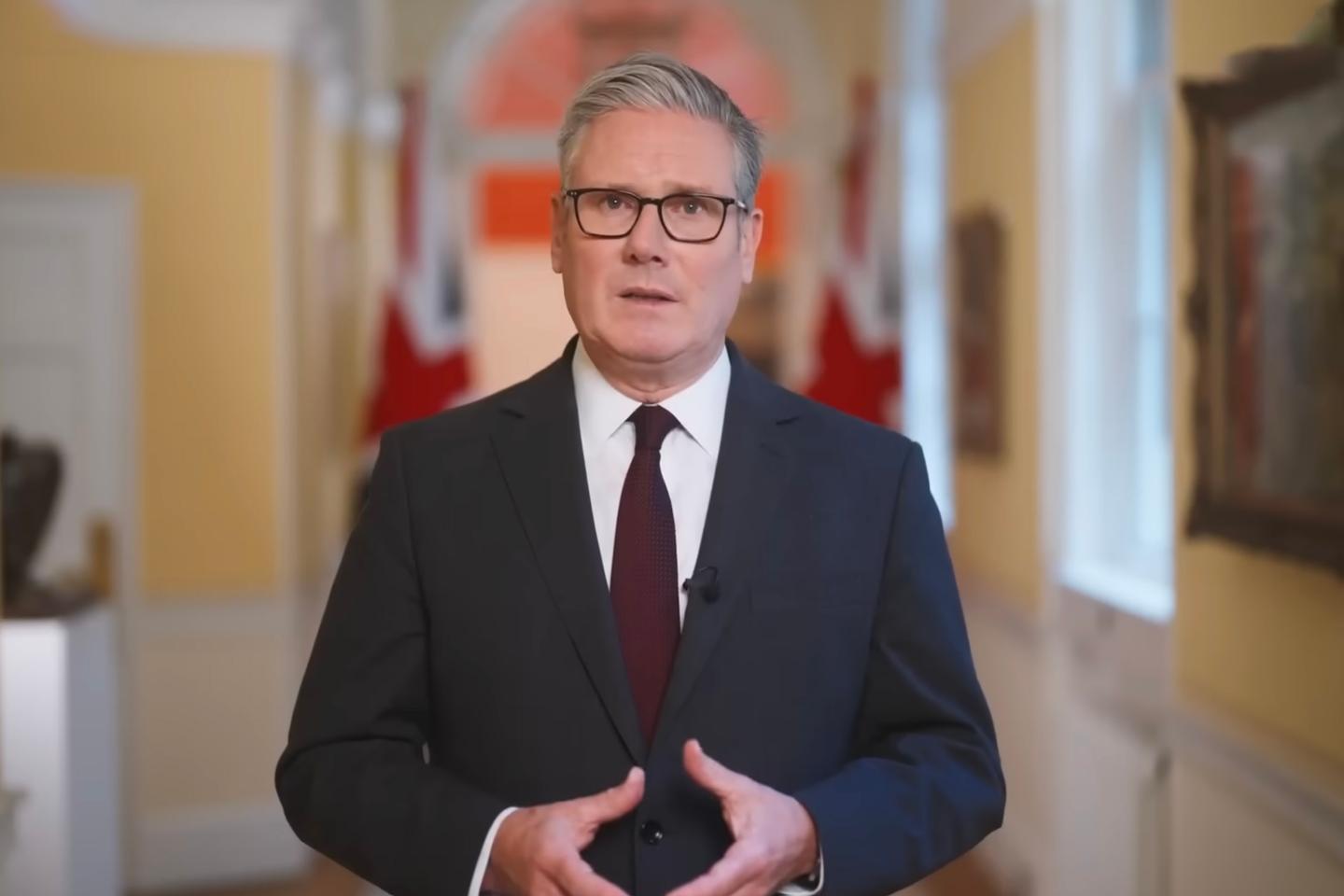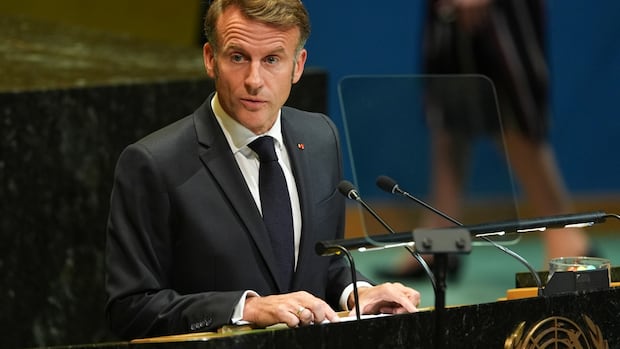Netanyahu's Stance on Palestinian Statehood Fuels Diplomatic Crisis
Benjamin Netanyahu, the Israeli Prime Minister, faces increasing pressure over the future of a Palestinian state. Recent international recognitions of Palestine have triggered a strong response from Netanyahu, who vows to prevent its establishment. This stance has deepened global divisions and risks further destabilizing the region.
Netanyahu's Rejection of a Palestinian State
In direct response to countries like the UK, Canada, and Australia formally recognizing a Palestinian state, Netanyahu asserted, "There will be NO Palestinian state west of the Jordan." He views international recognition as a reward for terrorism, particularly following the October 7 attacks by Hamas.
Netanyahu argues that recognizing Palestine endangers Israel's existence and rewards jihadist ideology. His government insists that the two-state solution is defunct and has already taken steps to make Palestinian sovereignty increasingly impossible.
Settlement Expansion and Potential Annexation
Netanyahu has declared that Jewish settlement in Judea and Samaria (the West Bank) has doubled and will continue to expand. This expansion, particularly the contentious E1 settlement project, threatens to divide the Palestinian-controlled areas of the West Bank.
Hard-line ministers like Itamar Ben-Gvir and Bezalel Smotrich have demanded full annexation of the West Bank. Smotrich has proposed annexing over 82% of the territory occupied since 1967 "to remove, once and for all, this idea of a Palestinian state."
International Reactions and Potential Consequences
International recognition of Palestine, intended to revive hope for peace, has instead deepened global divisions. The move risks undermining initiatives such as the Abraham Accords and could prompt a reassessment of ties with Arab states, including the United Arab Emirates (UAE), which has called West Bank annexation a red line. Saudi Arabia has also warned of "major implications."
While the United States, traditionally opposed to annexation, may be influenced by Donald Trump's position, any unilateral moves towards annexation without Washington's blessing are unlikely. Trump's pick for US ambassador to Israel, Mike Huckabee, is a staunch supporter of settlement expansion.
Possible Israeli Responses and Future Outlook
Netanyahu's cabinet has reportedly considered several options for responding to international recognition, including annexing Area C (roughly 60% of the West Bank under Israeli control), parts of the Jordan Valley, or settlements close to the Green Line. Another option is turning Area B into Area C, further dismantling the limited control of the Palestinian Authority.
However, even partial annexation risks an international backlash and could rupture Israel's relations with the Arab world. A source familiar with discussions told The Telegraph that there would not be any unilateral moves towards annexation without the blessing of Washington.
Prof Yossi Mekelberg of Chatham House believes Netanyahu's government will proceed with caution, but that Netanyahu, "fighting for his political survival," may still pursue annexation if he feels cornered and believes the US won't react too badly.
A more likely response could be punitive diplomatic maneuvers, such as closing countries' consulates in Jerusalem and expelling diplomats, with France, a leading advocate for Palestinian statehood, a primary target. Israel and the US intend to boycott a two-state solution summit at the UN General Assembly.
 Visit the website
Visit the website





